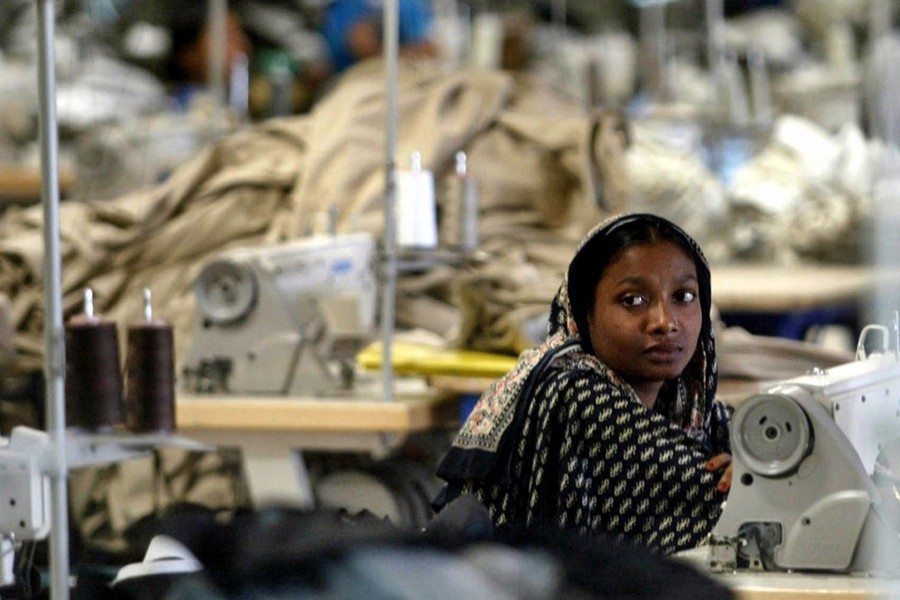
Published :
Updated :

This year the May Day is likely to provide an insight into the growing hostility from elements the toiling masses will continue to encounter the world over on account of climate change. When millions of workers in South and South East Asia are struggling under a blistering sun, their counterparts in large swathes in Pakistan, China and Kenya have been forced to take shelter in temporary relief camps. As the most vulnerable segment of society, the working class becomes the first casualty of natural calamities. In this context, the theme Bangladesh has chosen for this year's May Day celebration is 'Sramik-Malik Gorbo Desh, Smart Hobey Bangladesh' (As workers and owners, shall we build the country, it'll be a smart Bangladesh) is quite contextual. But whether it will materialise is a different issue.
The May Day, also known as International Workers' Day, is observed as the triumph of workers against exploitation and injustice. Celebration of the day began in 1889 by the International Federation of Socialist Groups and trade unions in commemoration of the Hay Market tragedy on May 4 following the rally for eight-hour working day on May 1, 1886 all across the USA. The May Day is celebrated in many countries across the world to express solidarity with the workers. The day serves as a reminder to pay attention to the workers' concerns, ensure their well-being, and recognise their invaluable contributions to society, economy and nation-building.
In Bangladesh, the success story of the readymade garment (RMG) industry, which accounts for about 85 per cent of the country's export earnings, is largely woven by the sweat of the brow of about four million workers in this sector. Ensuring garment workers' rights and well-being has always been a contentious issue. Since the RMG sector has to navigate the complex trajectory of international trade, ensuring workers' rights and well-being is not a choice for the industry stakeholders, but a necessity. Of late, the issue of giving workers greater freedom to form unions so that they can voice their demands has been a global concern. In this regard, it is worth mentioning that the Labour Ministry has come up with amendments to the labour law to give greater freedom of association to workers. The proposed revisions to the labour law are slated for introduction during the forthcoming budget session of parliament and are expected to tackle the concerns raised by the country's trading partners and the International Labour Organisation (ILO).
While there has been a paradigm shift in workplace safety in the apparel industry, the issues of fair wages, stable jobs and the right to association remain as pressing as ever. Society cannot be stable if jobs are unstable and workers are not treated well. Formation of union is not only workers' right, but it is also a stabilising factor in running an industry. It is, therefore, hoped that the government will get all relevant agencies and stakeholders on board for adoption of measures aimed at protecting and promoting workers' rights in all productive sectors. All business establishments and factories should implement foolproof safety measures. Additionally, other labour rights issues such as job security, minimum wage and enhancing workers' productivity levels through training should also be taken seriously.


 For all latest news, follow The Financial Express Google News channel.
For all latest news, follow The Financial Express Google News channel.